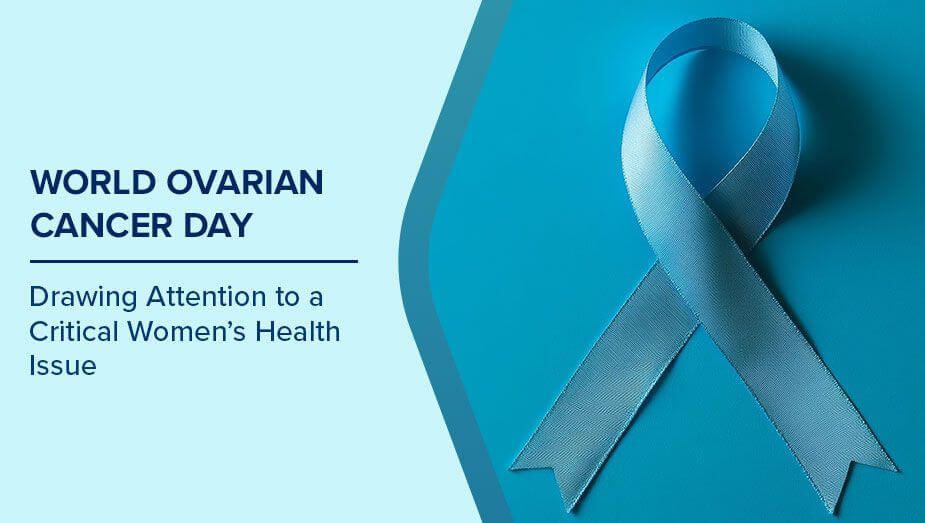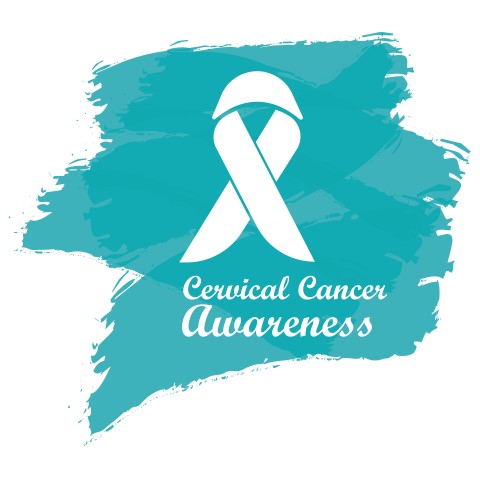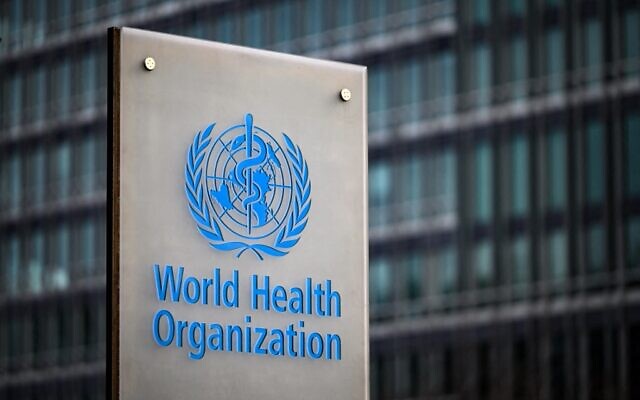World Ovarian Cancer Day 2025: Know causes, early symptoms
Thu 08 May 2025, 01:40:31

Every year on May 8, World Ovarian Cancer Day is observed. It aims to increase awareness about ovarian cancer. Ovarian cancer is among the most underdiagnosed cancers in females. It is also known as a “silent killer,” as it hardly shows any clear warning signs or symptoms during its early stages. Many women either neglect these symptoms or misunderstand them for issues such as bloating, hormonal changes, or fatigue. And in many cases, proper diagnosis happens when cancer has reached its advanced stage. What’s all the more problematic is its association with delayed pregnancies and a possible increased risk of ovarian cancer. It’s a correlation that many women don’t know about.
The symptoms of ovarian cancer often remain vague, like bloating, mild pain, and irregular cycles. That’s exactly what makes ovarian cancer so dangerous,” says Dr Ila Gupta, Director & Senior Consultant, Reproductive Medicine at Fertility IVF and Fertility Clinics, one of the most trusted fertility clinics in Delhi.
What makes it hard to identify ovarian cancer?
Unlike other critical conditions like cervical or breast cancer, there’s no routine screening test for ovarian cancer. Pap smears also cannot detect it. Doctors recommend ultrasounds and CA-125 blood tests when there is suspicion of cancer of the ovaries.
Early symptoms of ovarian cancer
. Constant feeling of fullness (persistent bloating)
. Pelvic discomfort or pain in the lower abdomen
. Frequently passing urine
. Fluctuation in the appetite
. Irregular periods/menstrual cycles
These signs mostly get dismissed. Many women don’t seek medical attention until the symptoms become more intense — and by then, treatment becomes more complex.
Can delayed pregnancy contribute to risk of ovarian cancer?
According to research, women who delay pregnancy or never conceive are slightly more prone to suffering from ovarian cancer. Ovulation that takes place every month stresses out the ovaries.
Over the years, repeated ovulation and other related cellular activities may increase the chance of mutations.
Over the years, repeated ovulation and other related cellular activities may increase the chance of mutations.
“Pregnancy and breastfeeding have a significant role in reducing the number of ovulation cycles. This natural break offers some relaxation and protection to the ovaries,” explains Dr Gupta. “So, when women delay having children or go through infertility issues, the protective window often gets shortened.”
It doesn’t imply that every woman who chooses to delay conceiving is at risk. It’s worth acknowledging, especially when mixed with family history, genetic predisposition, or other health conditions.
What different approaches should women follow to prevent ovarian cancer?
A proactive approach toward overall reproductive health is the right way forward. Here's what doctors advise:
. Don’t ignore persisting symptoms. Even mild bloating or irregular cycles can be a sign.
. Go for biannual gynaecological check-ups. Annual exams help detect issues early.
. Discuss your family history. If you have a relative with breast or ovarian cancer, consider genetic screening.
“Many women go by the assumption that their symptoms are only hormonal. But sometimes it's a warning sign that your body keeps giving,” says Dr Gupta. “Being attentive and getting timely medical help makes a life-saving difference.”
Ovarian cancer can be silent but not invisible. With more women delaying motherhood, it’s necessary to understand the broader impact on reproductive health. Whether you're planning a pregnancy or simply wish to consult regarding your fertility status, take the first step. Listen to your body. Speak to a doctor. Don’t wait for symptoms to get worse.
Disclaimer: (Tips and suggestions mentioned in the article are for general information only and should not be construed as professional medical advice. Always consult your doctor or a dietician before starting any fitness programme or making any changes to your diet.)
No Comments For This Post, Be first to write a Comment.
Most viewed from Health
AIMIM News
Latest Urdu News
Most Viewed
May 26, 2020
Can Lionel Messi's visit boost Indian football?
Latest Videos View All
Like Us
Home
About Us
Advertise With Us
All Polls
Epaper Archives
Privacy Policy
Contact Us
Download Etemaad App
© 2026 Etemaad Daily News, All Rights Reserved.

























.jpg)
.jpg)
.jpg)


